A Star Wars Fan FIlm That Stands Out from the Crowd
Some people simply lament the fact a favorite character doesn’t get enough screen time. But when Shawn Bu and Vi-Dan Tran of Germany-based T7 Production wanted to see more of the evil Star Wars Sith Lord Darth Maul, they created a fan film just for him. Posted to YouTube in March, "Darth Maul: Apprentice — A Star Wars Fan Film" was produced solely for fun by close to 70 people working whenever they could for more than two years.
Bu wrote, directed and edited the 17-minute film, which centers around the villainous Sith trainee protecting his secret base from Jedi Knights. Tran headed up the impressive choreography of the lightsaber fight scenes. And Lukas Sherman, who works for a production company in Düsseldorf, Germany, served as one of the main 3D artists on the project. The bulk of the 3D scenes, elements and previs were created using Maxon Cinema 4D.
Bu originally planned on wrapping the shoot up quickly, but the complexity of various scenes stretched the shoot out to 18 days over the course of a year. (See the behind-the-scenes footage for more.) By that time, post-production was already well under way, having begun just days after shooting started.
Sherman’s primary job was the creation of the first 15 shots, nearly two minutes of film, in which Darth Maul (played by Ben Schamma) is shown in Sith’s Temple, a completely 3D environment containing a hologram. The filmmakers began by using green-screen techniques to transform a college dorm room into a 2,500-foot scale model of the temple.
Lukas Sherman used C4D’s Motion Tracker when modeling the Sith temple seen at the beginning of the film.
Early concepts by Lorenz Hideyoshi Ruwwe were modified many times before the team settled on a pre-version. “I was under extra pressure because mine were the first seconds of the film, and if they don’t look good, people will click off before they even see the main story,” he explains.
As he worked, Sherman was often asked to add more detail or make the scenes look more real, so he stared adding displacement maps to every element since he didn’t have time to model all the changes. "It didn’t matter if it was a bump, normal or displacement channel, I was able to add some quick structure to Darth Maul’s surroundings,” he says, explaining that he created fake UVs using alpha channels.
This final shot ended up looking much like the concept art above it.
Knowing time constraints made it too complex to model and animate every element of the hologram by hand, Sherman found a way to change every panel in the holographic sphere by using the surface deformer. Texture-tagging also helped by making it easy for him to combine various interface elements on each panel by putting a lot of materials on top of each other and them moving them to the right place.
Fun fact: everything shown on the hologram’s panels contains real information about the Jedis and the Siths.
Render times were a big challenge. Rendering overnight didn’t work because of the increased displacement, so Sherman opted to reshade everything using OctaneRender for C4D. Voxel-based displacement and GPU rendering made it possible to render the final footage of the environment. Cinema 4D’s standard renderer was used for the holographic interface.
A Galaxy Far Far Away
Bu wanted the spaceships, drones, technology and the temple to be original designs not seen in Star Wars films. But everything had to look as though it belonged to a galaxy far, far away.
Raphael Lübke concepted the Jedi cruiser.
To create the spaceship and drones seen in the film, Sherman collaborated with the other 3D artists on the project (see credit list, below), including Raphael Lübke, who concepted the Jedi cruiser, and Nicolas Miebach, who modeled it in C4D before Sherman did the shading and texturing.
Inspired by the Republic cruiser in Star Wars: Episode I – The Phantom Menace, the spaceship was also influenced by the military spaceship seen in director James Cameron’s Aliens. The look is meant to have more of an aggressive feel than other Jedi ships seen in the film.
The view from surveillance drones protecting Darth Maul’s hideout.
The drones were inspired by Darth Maul’s drones in The Phantom Menace, but Bu gave Maul a larger arsenal of drones in his film. The surveillance drones, for example, protect Maul’s hideout while also representing his watchful eye. Modeled in Blender by Tom Breuer and animated by Alexander Dolgij, they were the only element in the film not made in C4D. Matthias Heimgärtner animated the drones exploding when they were hit.
Surveillance drones were modeled in Blender.
Working on the film was a labor of love for Sherman, who like everyone else involved, was not paid for his time. They did it because they’re Star Wars fans. “I’m a huge fan, and I have been since I was a kid,” he says, “and I really enjoyed working with such kind, passionate people who are all about the same age. I got to know some new friends.”
Credits:
Writer, Producer, Director: Shawn Bu
Action Director, Action Design and Choreography: Vi-Dan Tran
Directors of Photography: Max Tsui, Vadim Schulz, Vi-Dan Tran
Executive Producers: Vi-Dan Tran, Eyyüphan Duy, Jannik Siebert, Julien Bam
Additional 3D Artists: Shawn Bu, Tom Breuer, Alexander Dolgij, Nicolas Miebach, Gong Bao, Matthais Heimgärtner, Anh To Siebert and Octanian Petreanu
Costumes, Special Makeup and Stunts: Defcon Unlimited
Music: Vincent Lee
Additional Costumes: Lenora Gewandungen
Choreo, Fight Pre-visualization and Stunts: Teambay
Props and Additional Costumes: Hydra Forge
Special Thanks for Sponsoring Equipment to: Cine One
Meleah Maynard is a Minneapolis-based writer and editor.
Crafts: VFX/Animation
Sections: Creativity
Topics: Alexander Dolgij Lorenz Hideyoshi Ruwwe lukas sherman Matthias Heimgärtner Raphael Lübke shawn bu t7 production Tom Breuer vi-dan tran
Did you enjoy this article? Sign up to receive the StudioDaily Fix eletter containing the latest stories, including news, videos, interviews, reviews and more.
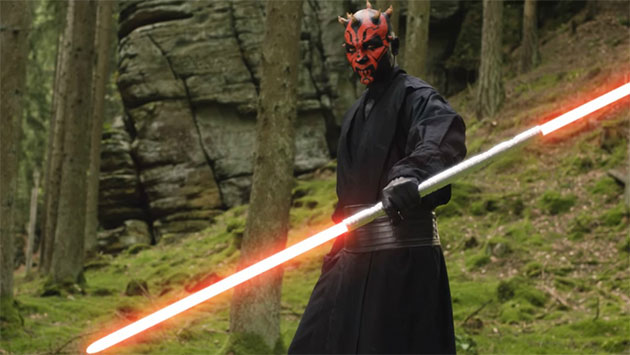
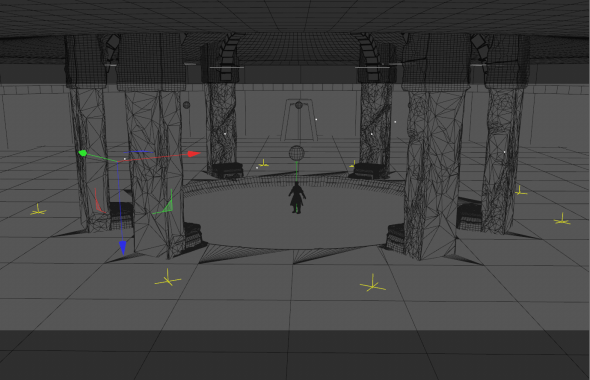
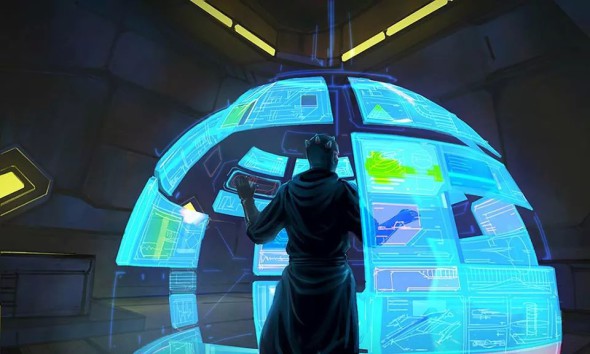
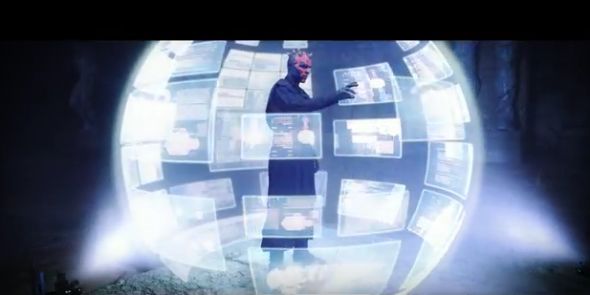
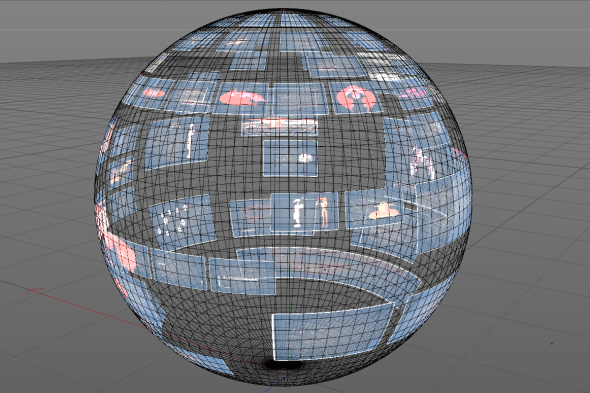
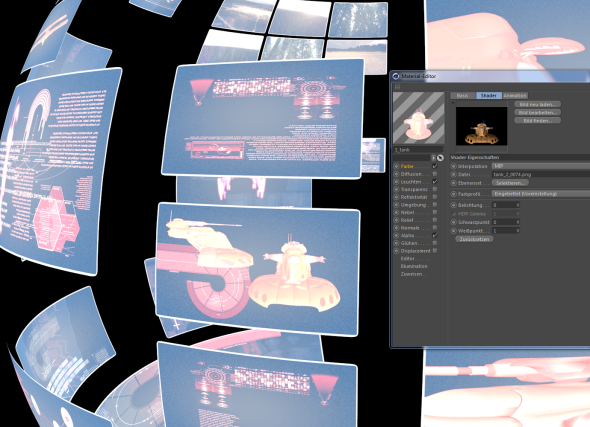
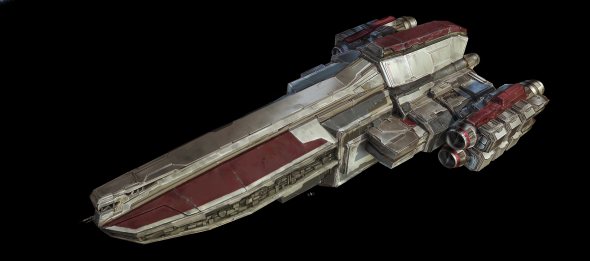
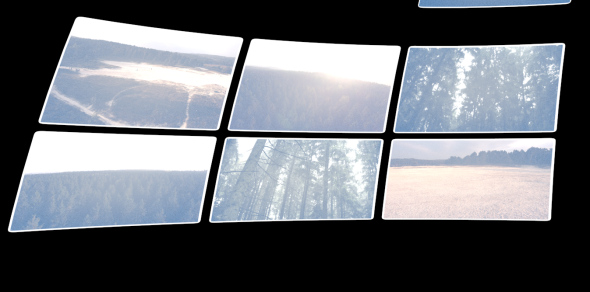
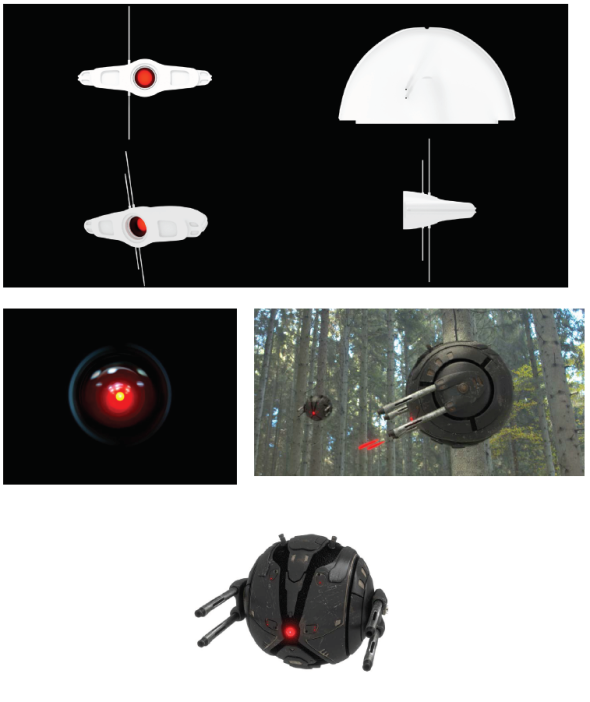
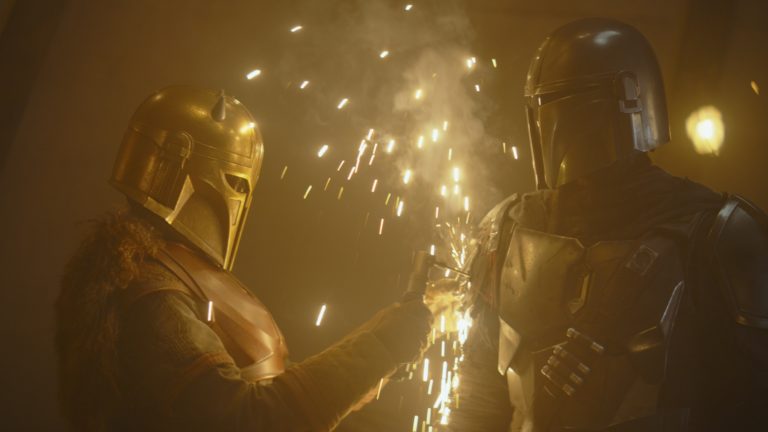




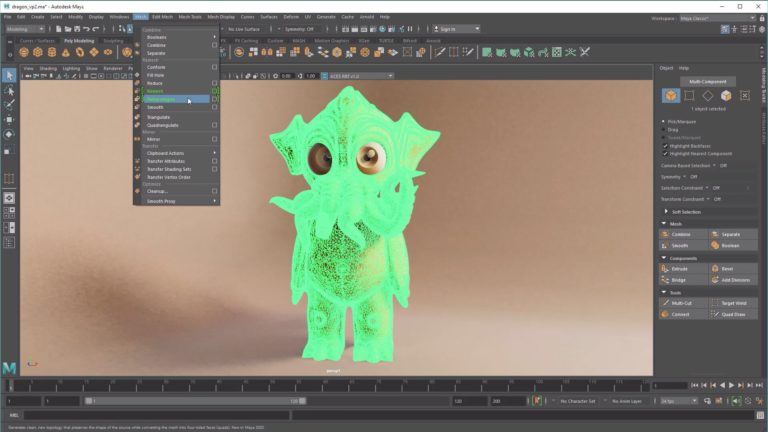




Leave a Reply